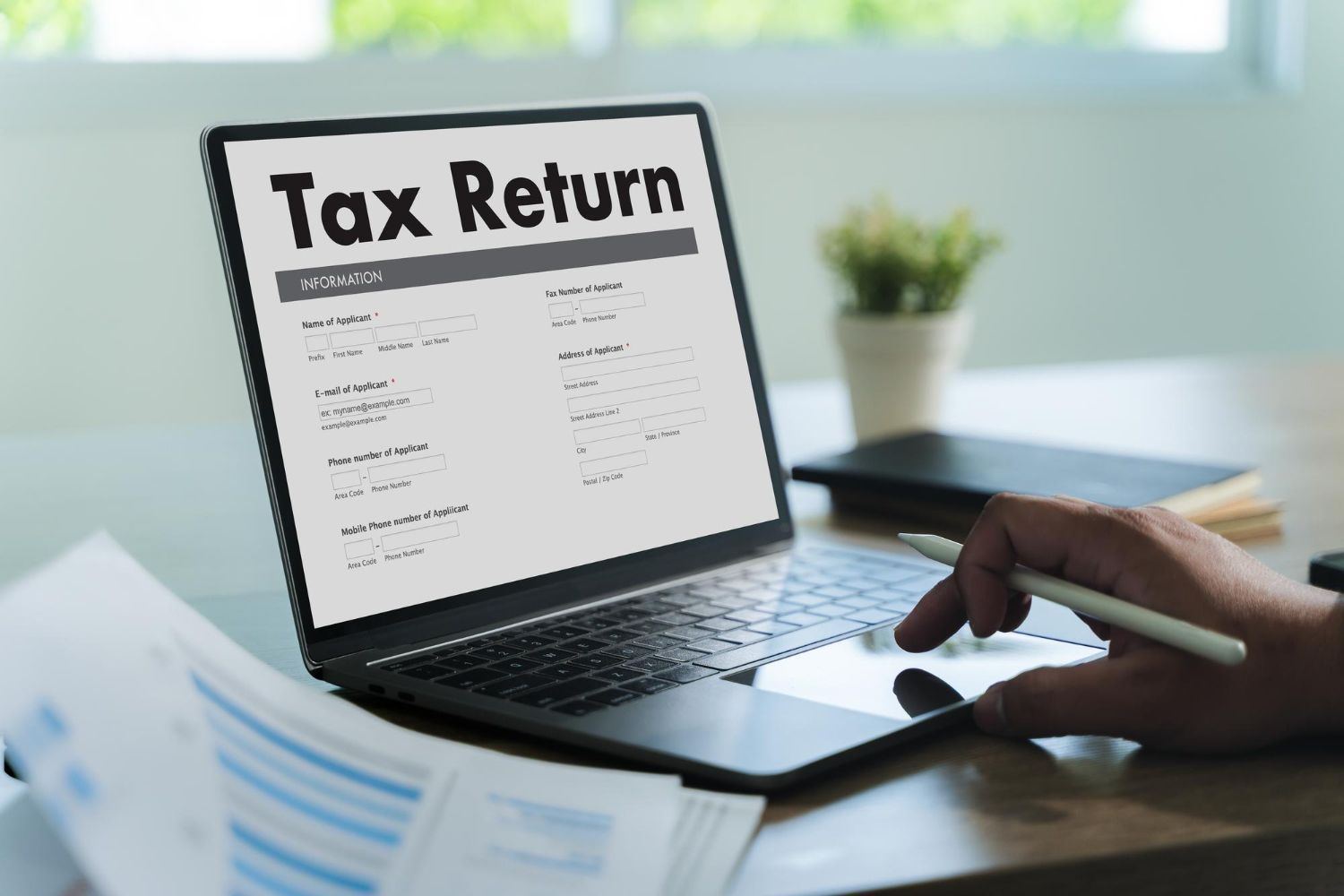Are auto insurance premiums subject to taxation in Ontario?
Understanding Auto Insurance Tax in Ontario
Auto insurance is a crucial and mandatory investment to safeguard your vehicle. If you reside in Ontario, you might be curious about whether there is a tax imposed on automobile insurance. Here, we provide answers to all your inquiries.
Can Insurance Help You Save Money?
Absolutely! Insurance can provide coverage for your car, its driver, passengers, as well as any pedestrians or property involved in an accident. However, the amount of money you save will depend on the insurance coverage you choose. If you have sufficient liability coverage to handle damages or injuries, you may have lower costs. On the other hand, individuals seeking comprehensive protection against expensive injuries might benefit from investing in additional types of car insurance, such as collision or uninsured motorist coverage.
Before delving into Ontario’s automobile insurance tax laws, it’s important to understand how car insurance functions.
Understanding Retail Sales Tax (RST) and Harmonized Sales Tax (HST) in Ontario
Before the introduction of Harmonized Sales Tax (HST), there was Retail Sales Tax (RST), which imposed an 8% tax on most goods and services. This included auto insurance accessories but did not apply to auto insurance premiums. Therefore, car insurance premiums were exempt from taxation in Ontario.
HST, on the other hand, is a unified tax system that came into effect in 2010. It combines the 8% Provincial Sales Tax (PST) with the 5% federal Goods and Services Tax ( GST ). While the PST component of HST still applies to other types of insurance premiums, Ontario residents receive an 8% rebate on the provincial portion of HST for specific items. Currently, the Harmonized Sales Tax (HST) rate in Ontario is 13%.
HST and Accident Claims: Understanding the Situation
Recently, there have been cases concerning the application of Harmonized Sales Tax (HST) on accident claims. While automobile insurance charges in Ontario are not subject to tax, some companies have started imposing HST on insurance claim amounts. They argue that the HST amount was paid to the individuals who had the accident, but they were covering the cost themselves. As a result, many recipients of insurance claims decided to take legal action against these companies, questioning the legality of charging HST in this context.
However, the court dismissed these filings on a technicality. The courts faced difficulty in prioritizing these cases as they fell under the jurisdiction of the License Appeal Tribunal (LAT). Ultimately, established insurance agencies that adhere to the regulations set by the state are not currently applying HST on auto insurance premiums.
Tax Breaks and Their Advantages
It’s worth noting that Ontario insurers do not charge any Harmonized Sales Tax (HST) on automobile insurance premiums. This presents an opportunity for individuals seeking car insurance to benefit from this tax break. While HST is applied to most purchases in Canada, there are exceptions, and car insurance premiums are exempt.
When receiving a quote from an insurer, it’s important to understand that the price provided is an estimate of the value of the chosen auto insurance policy and does not include any additional costs. To make the most of this situation, consider obtaining quotes from multiple agencies, comparing them, and selecting the option that offers the best coverage at the lowest cost.
You can rest assured that HST prices will not be a concern when it comes to your auto insurance coverage.
Useful Tips for Auto Insurance
When it comes to purchasing your first auto insurance policy in Ontario, car coverage can seem complex. The best advice is to be prepared. Now that you know about the HST-free policy, follow these tips to make your purchase stress-free. Here are some guidelines to ensure you are well-prepared before buying a car insurance policy:
- Conduct Research: Researching insurance is highly beneficial. Certain vehicles can increase your premiums, so understanding which ones are more expensive to insure can help you save money and reduce your premium rates. For example, luxury car models like Audi or Mercedes Benz may result in higher monthly bills. Additionally, having safety features and using snow tires or real-time GPS trackers can qualify you for discounted rates.
- Review Policy Documents: If you already have car insurance, thoroughly examine your policy documents to ensure everything is clear. Reading through the details can help alleviate any doubts. Take the time to understand each section of the legal document before signing it.
- Honesty and Reliability: When providing information to insurance companies, it’s crucial to be honest and accurate. If the insurer discovers dishonesty in your insurance application, they may void your claim. For example, some individuals may withhold their full address to obtain lower rates in a specific area. Being responsible and truthful can help you save money on your car insurance premiums.
- Ask Questions: Never hesitate to ask questions, especially when purchasing car insurance. Mistakes can happen, and insurers may make errors on your file, which could result in higher renewal fees or premiums. Keep in mind that busy insurance companies can overlook certain details due to their hectic schedules.
By following these tips, you can navigate the process of obtaining car insurance with confidence and make informed decisions.

In conclusion,
When it comes to auto insurance in Ontario, there are no taxes or additional fees involved. This means that you can opt for affordable coverage without any complications. If you’re in the process of buying a car, it’s a good idea to seek guidance from an expert who can help you choose the most suitable insurance policy.











